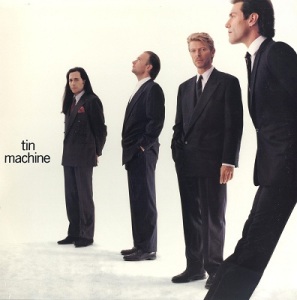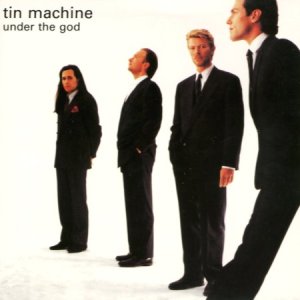
The second and final studio album from Liam Gallagher‘s post-Oasis project Beady Eye, BE was released in 2013 and reached number 2 in the charts. It received mixed reviews with some critics calling it better than Different Gear, Still Speeding and others panning the tone and lyrics.
Beady Eye’s first album was a bombastic yet somewhat messy effort, packed with big, overproduced tracks, sleepier heard-it-before attempts at a late Oasis sound but also, luckily, some genuinely fun tunes. There was visibly an attempt, with this second album, to try something completely different. A wise move, even if this didn’t pay off with further albums. Now that Liam’s solo career has thusfar proven to be a resounding hit, I thought that it might be worth hearing the album back, giving it a fair shot.
Initially, BE goes for a familiar, grand, big-band sort of sound with catchy opener “Flick Of The Finger”, which may not boast a chorus but gets the job done getting you excited for what comes next. Structure-wise, BE is a little uneven as it maintains a steady pace early on before settling on stripped-down guitar songs in its second half so it’s understandable why some might have criticised the album for that, though it should also be said that those final few tracks are easily some of the band’s best work.
Tracks like “Don’t Brother Me”, “Ballroom Figured” and “Start Anew” have an obvious John Lennon vibe to them, “Oh My Love” and “Give Peace A Chance” are even directly referenced, and they all work as olive branches towards Noel Gallagher, though there are some criticisms peppered in throughout.
You get the sense that Liam Gallagher is working through some inner conflicts in this album and these final few tracks capture his nostalgia for the Oasis days and his brother’s company, possibly some guilt for how things turned out and the need for a big change in the future. Liam’s personal life was also rocky by that point, to say the least, so this is a genuinely emotional end to an album that almost went the confident yet shallow route its predecessor did but, thankfully, didn’t.
This is by no means a sleepy album, I should clarify, as the likes of gospel-tinged single “Shine A Light” and underrated grungy anthem “Just Saying” (how was this not a single?!), even the groovier “Second Bite Of The Apple”, bring a sense of fun to the whole thing. These more easily accessible songs ironically feel a lot more experimental than anything in the last album, and this is a good thing. There are some slower, more repetitive tracks thrown in and those are admittedly a little patchier.
“Soul Love” and the folky “Soon Come Tomorrow” are both decent: the former is very late Oasis, the latter has a more American vibe you wouldn’t really expect from Liam and, even though they fizzle near the end, there’s enough good stuff in there that they work. “Iz Rite” and “Face The Crowd” also work, just not quite as well, and they lack a certain memorable factor, though the latter’s Stranglers-style rhythm is engaging.
Beady Eye/Liam Gallagher fans should have a great time with this album as it feels a lot more personal and inventive. Looking at BE in today’s context, it’s the perfect transition to Liam’s solo work as it ends on such a contemplative note that it seems like Liam was almost trying to tell us that this would, in fact, be Beady Eye’s (basically the old Oasis minus Noel) last bow. As for those less involved listeners, I think BE frankly still deserves a second look.
Between the more acoustic tracks’ unquestionably pretty melodies, the endearing let’s-try-something-new approach, the crisp, slick production and Liam’s vocals the best they’d been in years, this was a step in the right direction for the band and it was a pleasure revisiting it.
Much better than you remember.
Well worth 3 and a half Happy Cobains in my book.

























